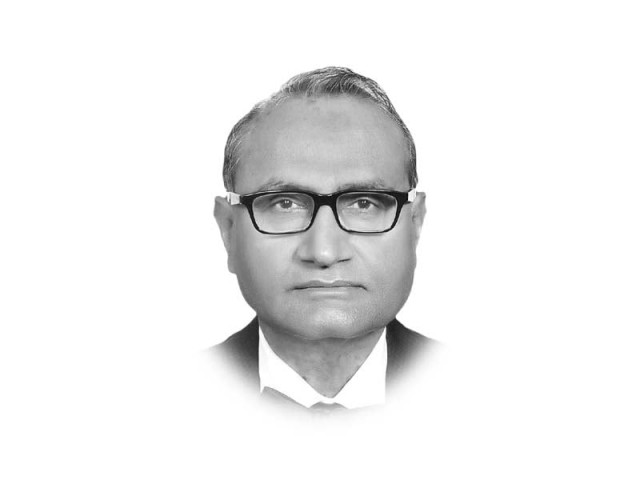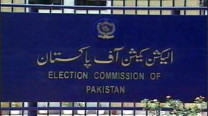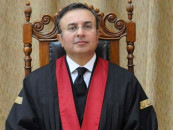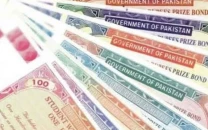Economy: villains of the piece
There is a need to decipher how the economy plunged into the mess in the first place

pervez.tahir@tribune.com.pk
In his inaugural address at the Thirteenth International Conference on Management of the Pakistan Economy in Lahore last week, the regularity and quality of which itself is a feather in his cap in these days of intellectual poverty, he came out with what he called five obvious villains on the economic scene. The first villain, or the original sin, was the Protection of Economic Reforms Act of 1993. It put the cart before the horse by liberalising the capital account of the balance of payments before liberalising the trade account. Capital was allowed to move freely into and out of the country. These flows were liable neither to income tax nor any scrutiny. This, according to Dr Chaudhry, opened the floodgates of capital flight and money laundering. The second villain was the thoughtless signing of the free trade agreements with China, Malaysia and Indonesia. These agreements have closed down almost the entire large- and small- scale manufacturing in Pakistan. Deindustrialisation is now visible all around. The third villain was the blind pursuit of the structural adjustment programmes pushed by the IMF, the World Bank and the Asian Development Bank. These programmes prescribed trade liberalisation and exchange rate adjustments that primarily encouraged imports. As the international cost of Pakistan’s labour was reduced, there was little incentive left for labour productivity growth.
Economics alone could not have led the rot. Bad political economy drives good economics out of the market. Dr Chaudhry is too experienced to have ignored this classical truth. Hence the fourth and the fifth villains. His fourth villain relates to the selective constitutional amendments which made individual political representatives irrelevant, leading to individual and family-centred politics. In his view, the most prominent of these amendments relates to the anti-defection clauses that disqualify elected members if they disagree with the respective heads of the political parties. Here lies the origin of the anti-human development bias of political governments, particularly at the provincial levels. This has resulted in almost no real emphasis on expansion and upgrading of education and health facilities. The hapless population has no social guarantees either.
His fifth villain is therefore the constitutional infirmities including the absence of food security, health and employment as basic fundamental rights in the constitution of Pakistan.
How do we overcome these villains? With the nation and the political parties already in the election mode, the five villains provide a simple list of questions that the electorate must ask before choosing their representatives for the next five years. A country that in its early years experienced higher income per capita than South Korea and China cannot continue to be a laggard, unless we are bent upon committing collective suicide. For far too long the elite has captured the state. It’s time the people stood up for what’s rightfully theirs.
Published in The Express Tribune, April 8th, 2017.
Like Opinion & Editorial on Facebook, follow @ETOpEd on Twitter to receive all updates on all our daily pieces.















COMMENTS
Comments are moderated and generally will be posted if they are on-topic and not abusive.
For more information, please see our Comments FAQ